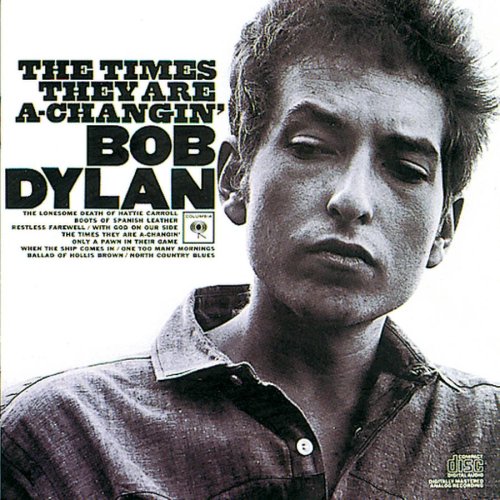Music piracy was back in the news this week when the RIAA, Recording Industry Association of America, sent out its 13th wave of pre-lawsuit letters to a dozen universities.
Videos by American Songwriter
Music piracy was back in the news this week when the RIAA, Recording Industry Association of America, sent out its 13th wave of pre-lawsuit letters to a dozen universities.
The 401 letters were sent to the administrators of these universities to be forwarded to the individuals with certain IP addresses. The letters cite individuals who are at fault for online music theft using peer-to-peer programs such as Limewire, BitTorrent and Morpheus.
The RIAA’s wave of letters was sent out to the following colleges: Boston College (35 pre-litigation settlement letters), Columbia University (50), Drexel University (33), Indiana University (40), North Carolina State University (35), Ohio State University (30), Purdue University (28), Tufts University (20), University of Maine System (32), University of New Hampshire (32), University of Southern California (50) and the University of Virginia (16).
The pre-lawsuit letters are part of a multi-faceted campaign striving to encourage fans to acquire music legally. The recipients of these letters are given the opportunity to avoid a potential lawsuit and settle out of court for a reduced fee. So far, formal lawsuits have been filed against 2,465 letter recipients. Of the 5,005 letters sent out in previous waves, the RIAA has reached settlements with over 2,300 individuals.
Yet piracy remains a contentious issue for the music industry and consumers. “Unfortunately,” said Cara Duckworth, Director of Communications at RIAA, “too many students continue to ignore the law and get music from illegal services like Limewire that do not invest a penny in nurturing music or compensating the artists, labels and the thousands of behind the scenes workers bringing music to the public.”
Record companies have joined forces with certain internet services and programs to offer music lovers persuasive alternatives. According to the IFPI, there are now more than 6 million tracks available through 500 different services, from Amazon.com to eMusic to Last.fm.
“The exponential growth of illicit peer-to-peer has stabilized, and music lovers know what they can and can’t do when getting music online,” said Duckworth. “This has fostered a climate that helps music companies earn a fair return so that they can invest in the next generation of artists and new bands can have a shot at realizing a dream.”














Leave a Reply
Only members can comment. Become a member. Already a member? Log in.